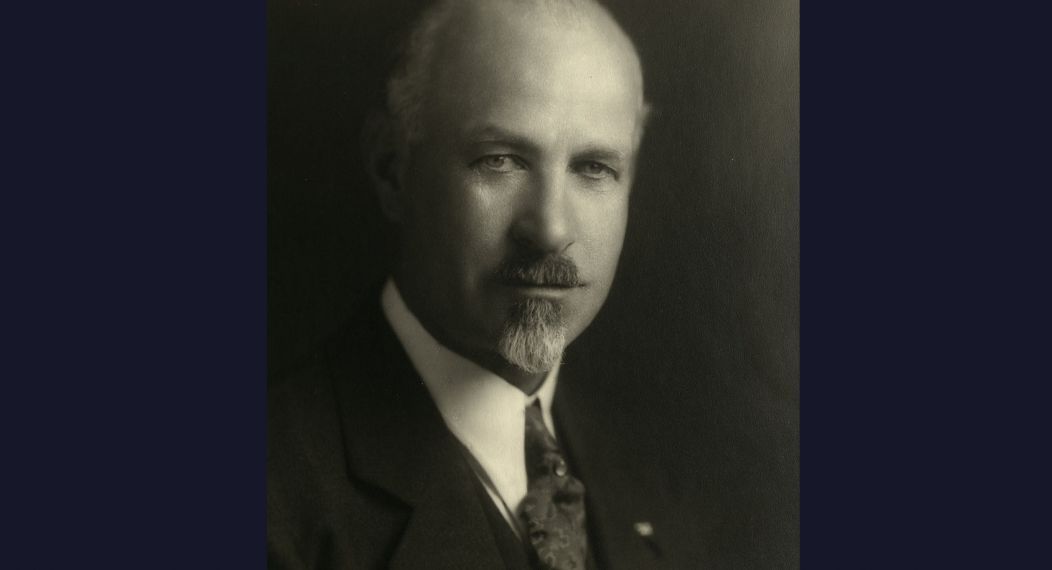Knoles is best known for his decision to relocate Pacific’s campus to Stockton in 1924. At the former location in the Bay Area’s College Park, Pacific was weakened by competition for students and funds with other nearby campuses. At the same time, the Central Valley had no four-year college.
Knoles’ relocation efforts, an incredibly bold move for a president facing financial challenges and changing times, paid off — the integration of Pacific into the Stockton community has benefited both in the years since. The liberal arts building, one of the original 10 buildings on the Stockton campus, was named Knoles Hall (it was later converted to an administration building).
Prior to working at Pacific, Knoles was the head of the history department of the University of Southern California, where he was lauded as a great speaker and teacher. He also served as assistant to the president at the University of Southern California. Knoles was a Methodist pastor prior to his work at Southern California. The presidential search committee interviewed only Knoles for the position.
Following Pacific’s move to Stockton, Knoles continued to lead the university through the Great Depression and World War II. The Depression forced financial innovation, which Knoles responded to with the merger with Stockton College, a public junior college. This union enabled both schools to survive low enrollment and financial difficulties.
Knoles also helped the school quickly adapt to the skills that students wanted to learn during World War II and the curriculum was adapted to contribute to the war effort. Knoles’ leadership during these historically devastating times strengthened Pacific and enabled the school to evolve with the needs of its student body.
To attract more students and to ensure that enrolled students would graduate, Knoles decided to raise academic standards for acceptance. The faculty and board set acceptance standards at the level of the University of California system and to make transferring to Pacific more competitive.
This dedication not only to academics, but to the students themselves characterized Knoles’ presidency. He was determined to teach character alongside course content, even teaching a freshman orientation class titled “College, Man and Society.” Knoles also demonstrated his understanding of student life by supporting student petitions to end the ban on dances.
To prepare Pacific for his departure, Knoles hired Robert Burns as his assistant in 1942 and began mentoring him to take on the presidency. Knoles retired from the presidency at the age of 70, though he stayed at Pacific as a chancellor and advisor to incoming president Robert Burns.
Knoles died on Nov, 29, 1959.




